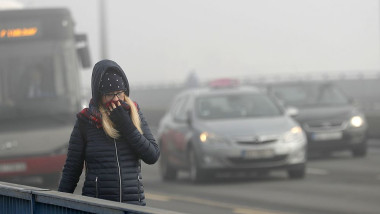Scientists find air pollution may be driving the rising threat of antibiotic resistance
cross-posted from: lemmy.zip/post/1222036
Archived version: archive.ph/NUhzP
Archived version: web.archive.org/…/scientists-find-air-pollution-m…

There have been multiple accounts created with the sole purpose of posting advertisement posts or replies containing unsolicited advertising.
Accounts which solely post advertisements, or persistently post them may be terminated.
cross-posted from: lemmy.zip/post/1222036
Archived version: archive.ph/NUhzP
Archived version: web.archive.org/…/scientists-find-air-pollution-m…
